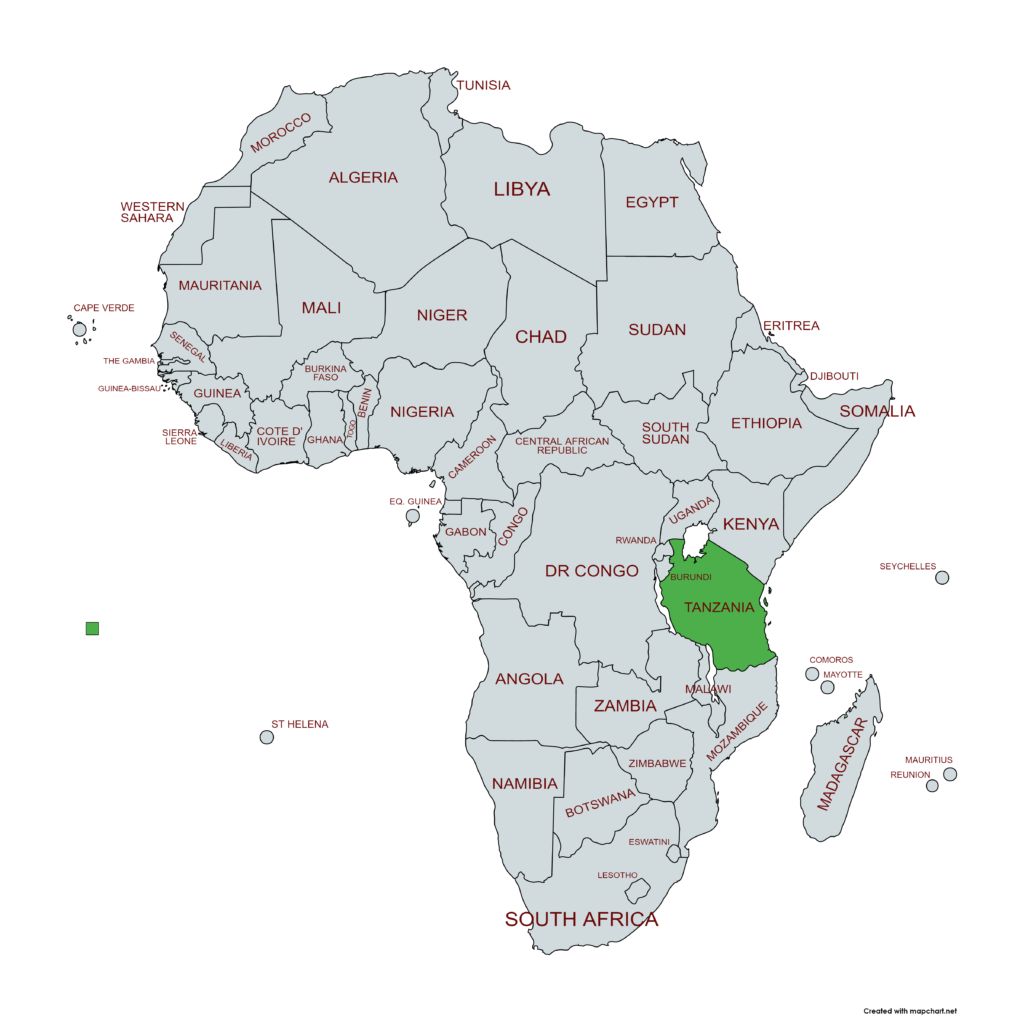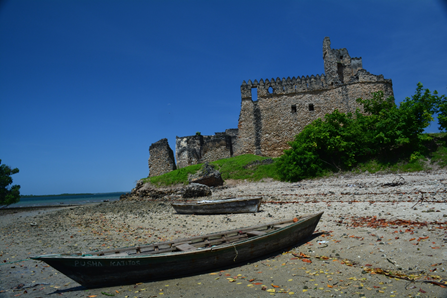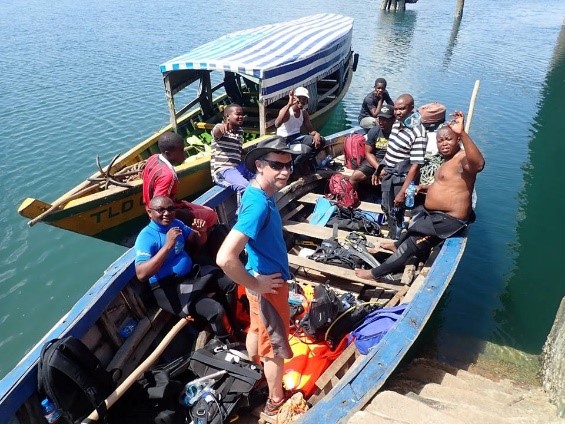
GCRF Funding Cycle
2018-19
Principal Investigator
Richard Bates
Schools
Earth & Environmental Sciences, Computer Science, History
ODA countries
Tanzania
The World Heritage site of Kilwa Kisawani was once at the heart of trade along the east coast of Africa. It is is located in one of the poorest regions of Tanzania. Today, the ruins sit in a district of 220,000 people with high unemployment and a illiteracy resulting from non-school attendance of over 36%. This project directly addresses some of these issues by empowering the local people with new income generation based on their traditional knowledge and the surrounding tangible heritage.
The project has:
- Built in-country capacity at both local and national levels to address the potential heritage losses at Kilwa through research and recording of sites using structure from motion imagery;
- Established baseline recordings for the site of tangible and intangible heritage to link into a wider historical context for the international community for research;
- Completed desk-top reviews of the Tanzanian national heritage databases and national capacity for the recording and dissemination of heritage assets;
- Provided dive training, following the Nautical Archaeological Society’s international standards, to Tanzanian Government (heritage managers), university researchers and local tour operators for the recording of submerged heritage at Kilwa, thus enabling long-term monitoring of the site and widening of market opportunity;
- Initiated a series of community engagement activities, including holding workshops in local primary schools, the first Kilwa Bonanza community day, and helping to establish the Kilwa Woman’s entrepreneurial group.
Through training local groups, such as the WAUMAKI (Woman’s Culture, Buildings and Heritage Organisation in Kilwa, a woman-run business catering to tourism by providing guiding to the archaeological sites, catering for visitors and supplying transportation to and from the site), to record and promote their heritage before it is permanently lost, the project hope to stimulate a new tourist economy and to create a blueprint for heritage management that can be rolled-out across Tanzania. Dive based training will also open up a new market for a high-value tourist sector.


